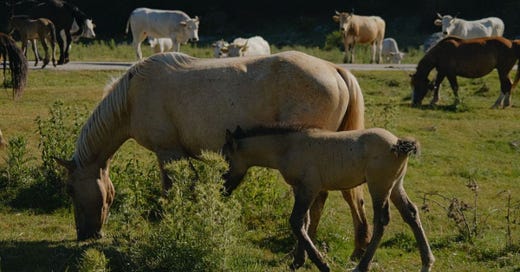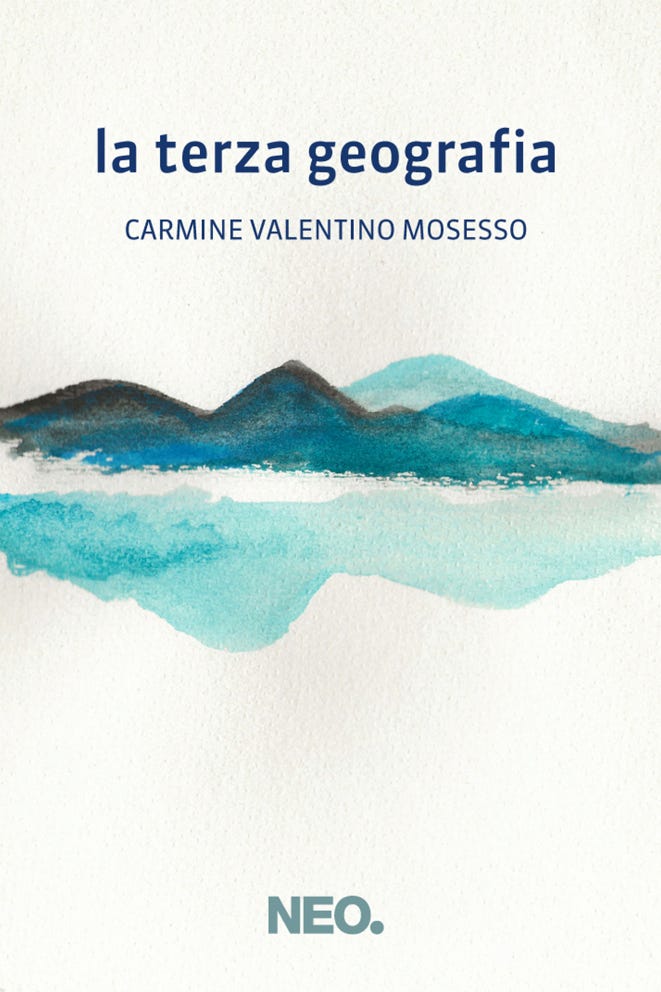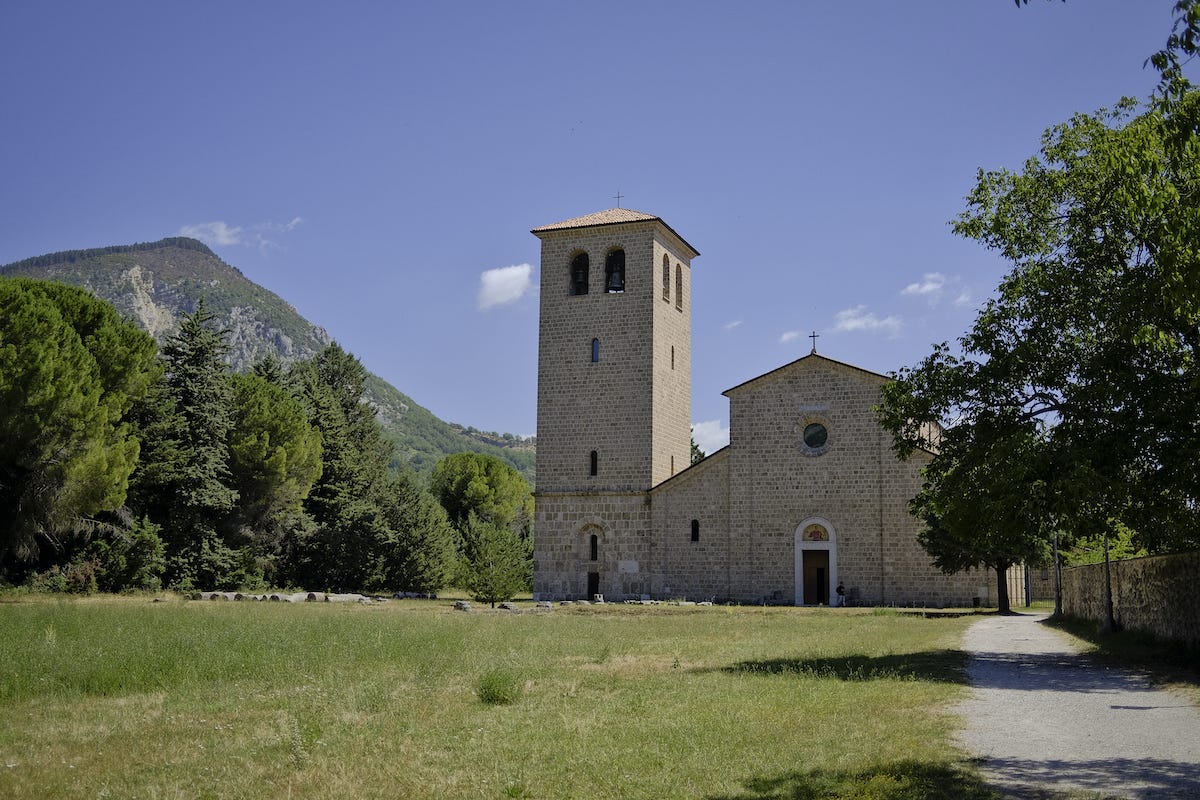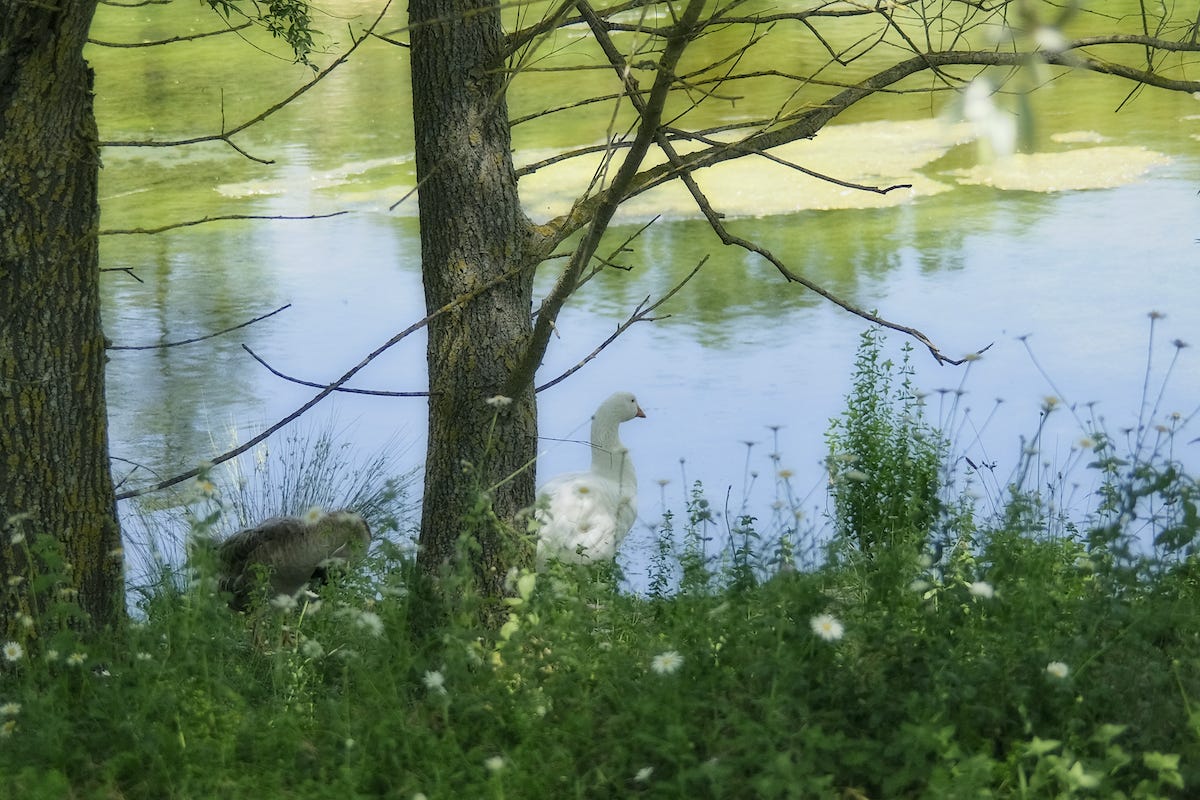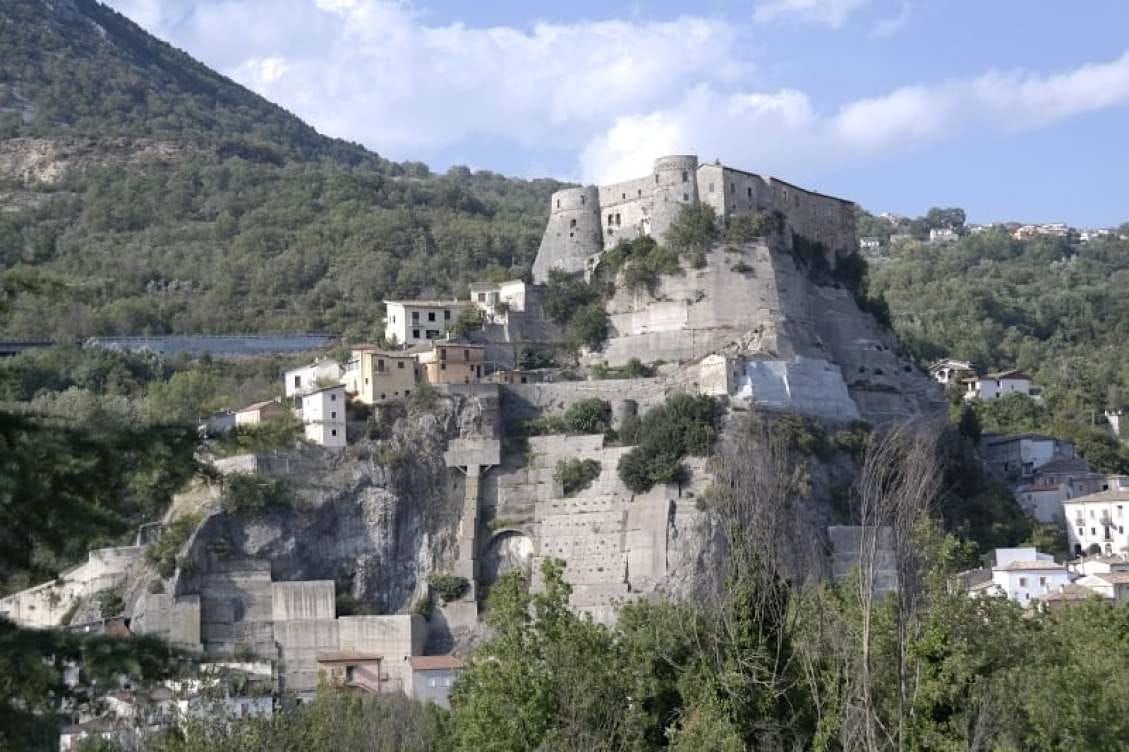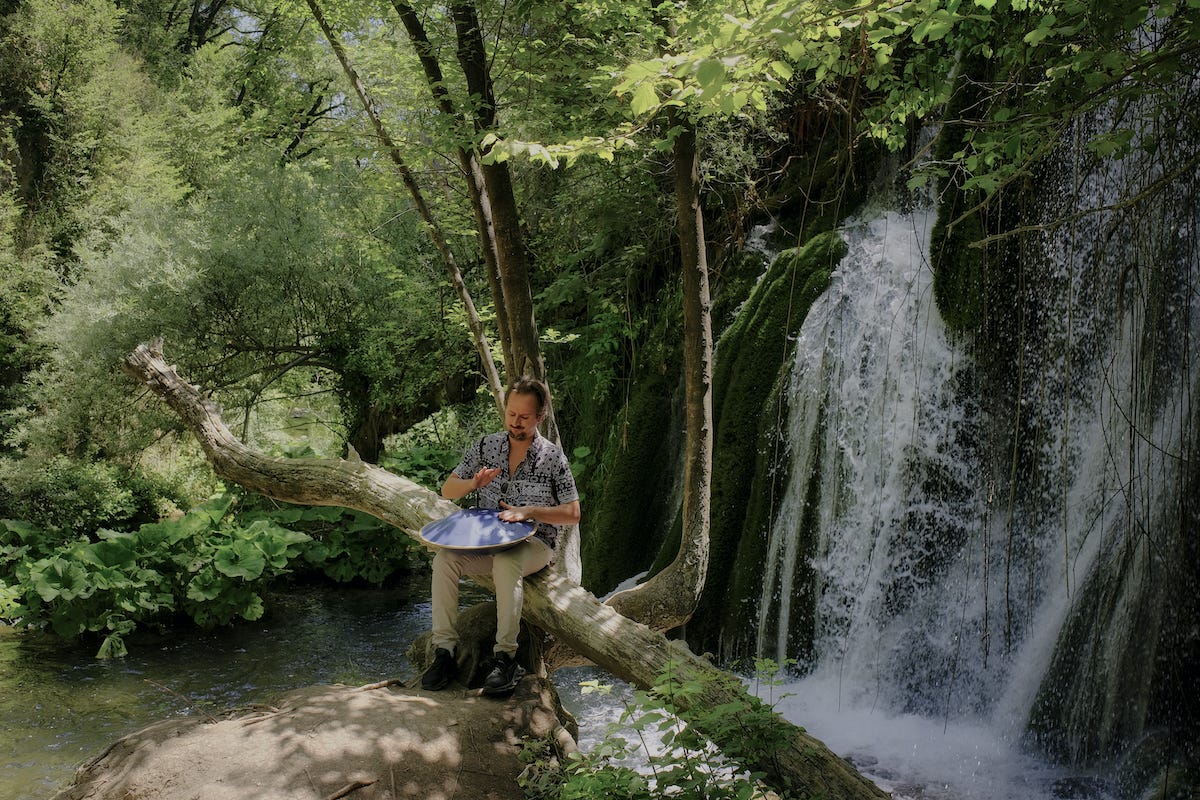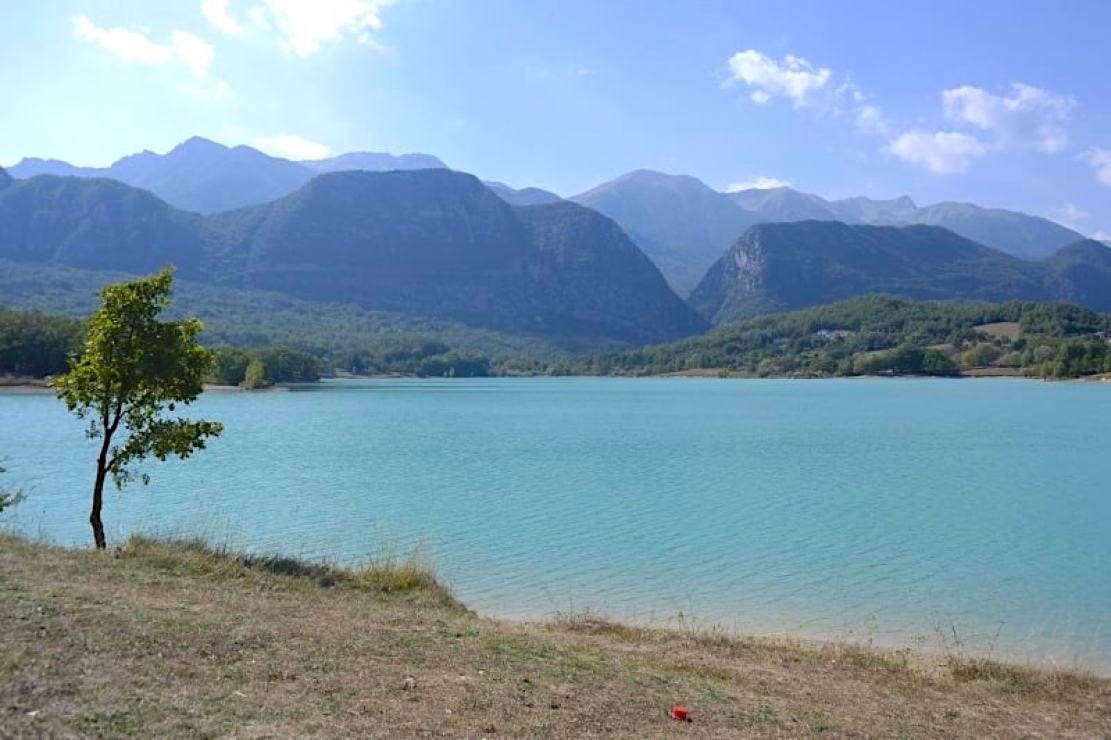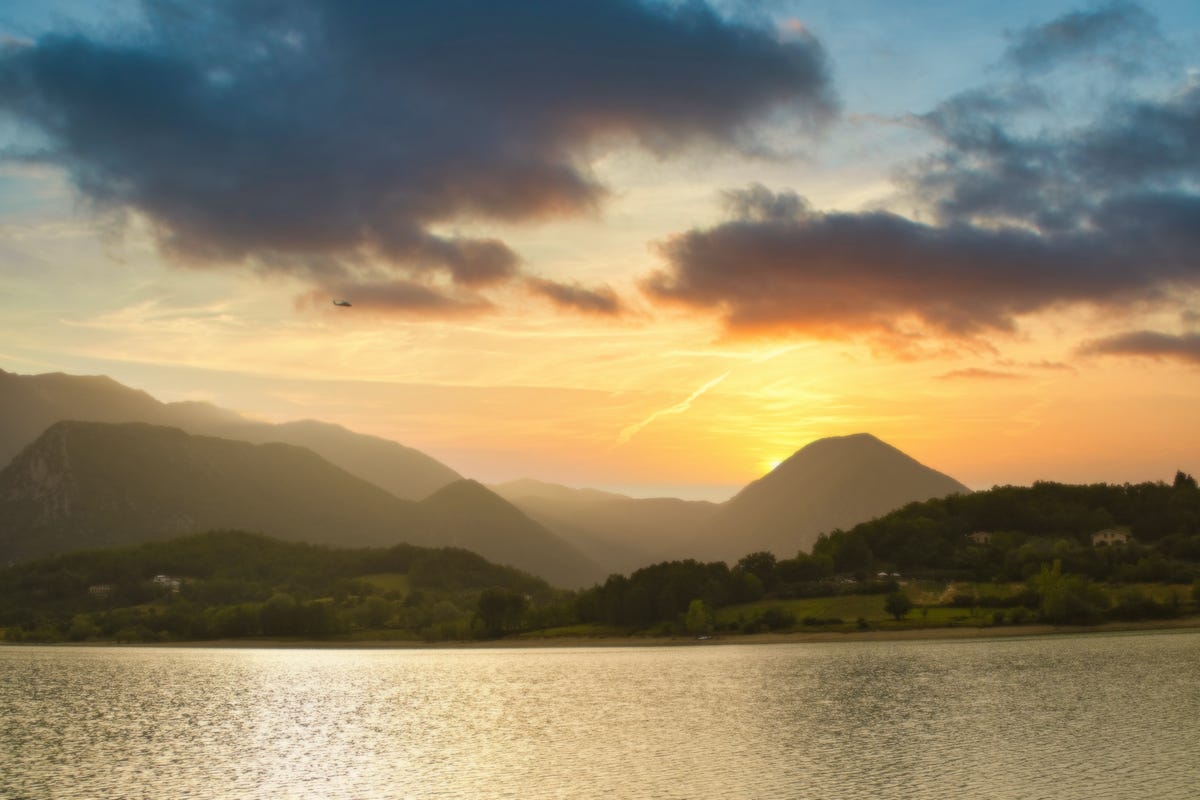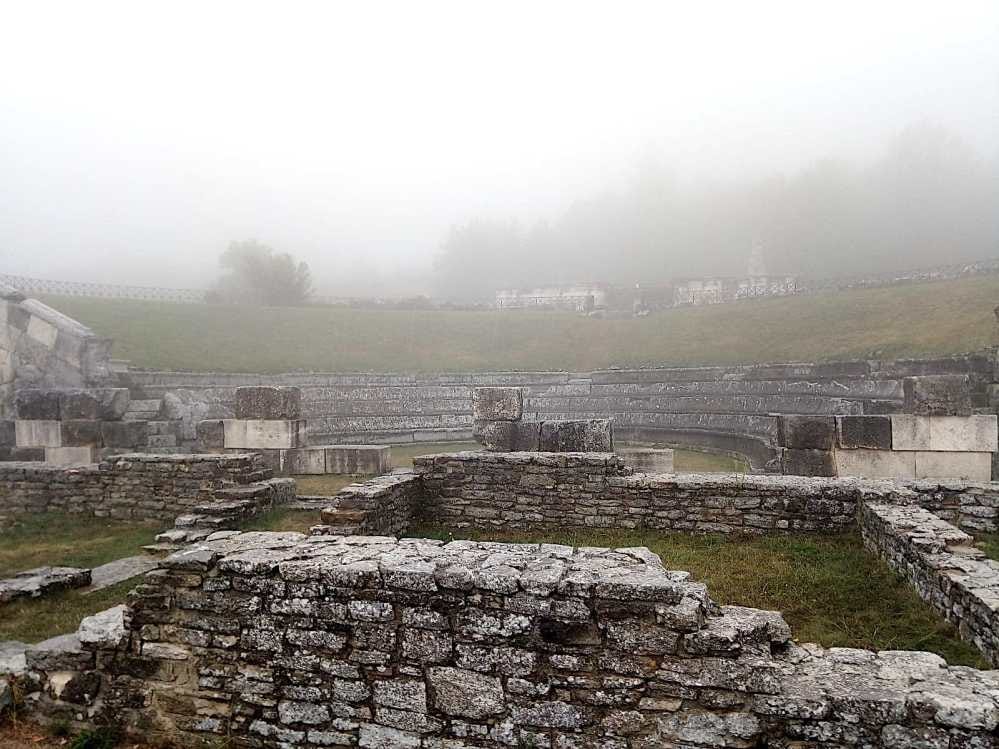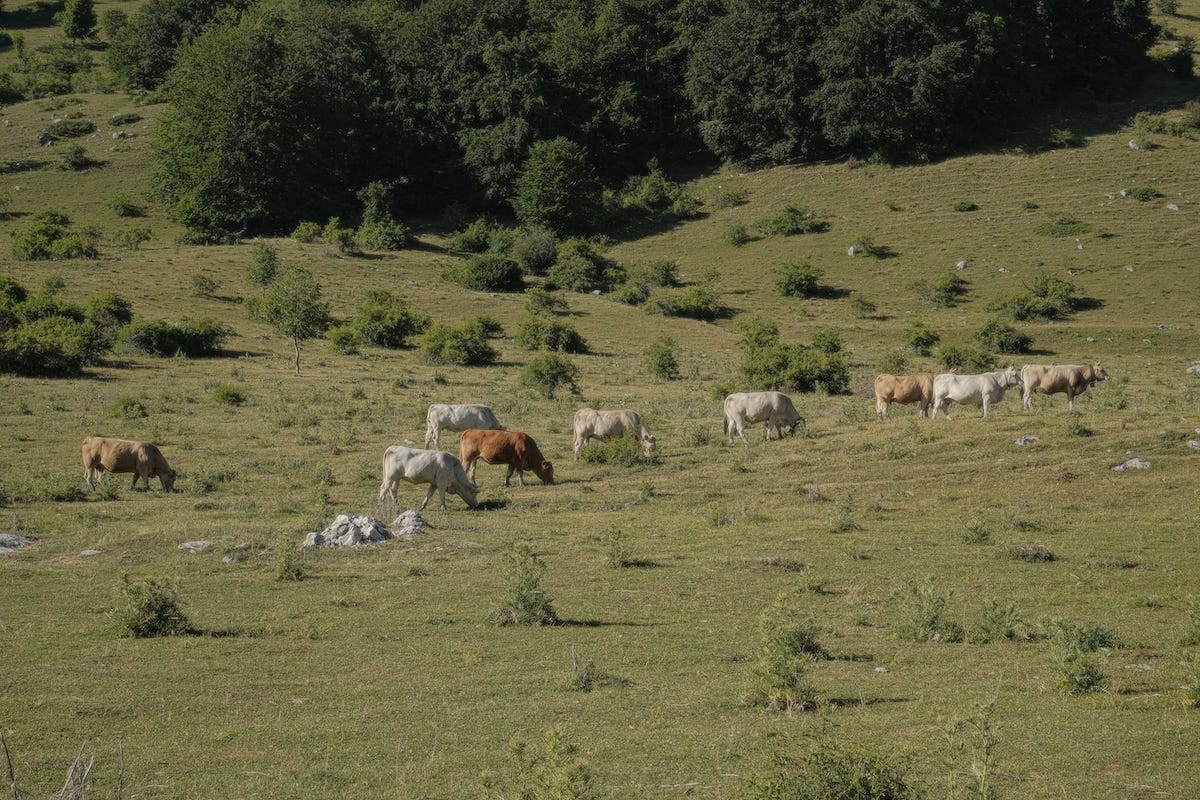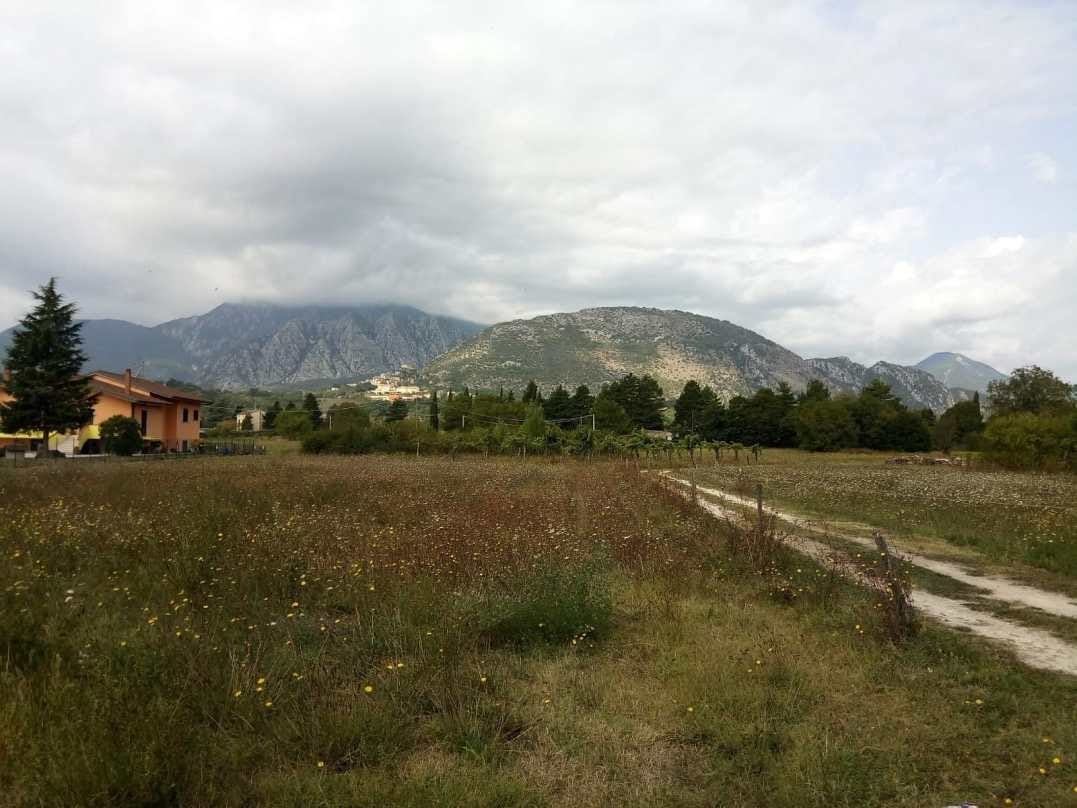Molise, an often forgotten region in the heart of Italy, hides treasures of rare beauty and authenticity. Here, Carmine Valentino Mosesso, a young farmer-poet from Castel San Giudice, has created his first collection of poems, "La Terza Geografia" (Neo Edizioni) ["The Third Geography"]. This work transforms territory into verses vibrating with daily truth.
I travelled through these lands as a Mumukshu - a Sanskrit term indicating a seeker of truth - following an itinerary that winds through places of extraordinary beauty: from ancient Pietrabbondante with its Italic sanctuary - an extensive archaeological site perched at 966 meters above sea level overlooking the Trigno valley, one of the most significant archaeological testimonies of the Pentri Samnites, an ancient Italic civilization that predates Roman times - through medieval villages like Rocchetta a Volturno, Cerro al Volturno, Peschi and Fornelli, each perched on its hill like a keeper of timeless stories. These villages, with their ancient stones and narrow alleys, seem to whisper secrets of past generations.
The Abbey of San Vincenzo al Volturno rises powerfully beside its lake, while the Springs of Volturno and its waterfalls add their eternal voice to the landscape. The river, a vital artery of this land, flows like a silver vein through valleys and gorges, nourishing fields and forests.
But it's on the Valle Fiorita Plateau, reached after twenty breathtaking hairpin turns at 1,500 meters altitude, that Mosesso's verses find their fullest expression:
"Il terzo paesaggio di Clement,
l'aiuola al centro della via
lo stesso minerale che oggi ci compone
domani sarà dentro ad una crepa
nel seme bruno di una mela."
[Clement's third landscape,
the flowerbed at the centre of the street
the same mineral that composes us today
tomorrow will be inside a crack
in the brown seed of an apple.]
Here, under the Mainarde Mountains of Molise, herds of cows and horses graze freely, their bells creating a natural melody reminiscent of the ancient Indian Raga Ahir Bhairav. It's in this context that Mosesso's words reveal their profound truth: they contain "the truth of bread cracks," vibrating with living matter, having odour, consistency, and sound.
"Io terra, io centro, chiave, rovo, verme, io periferia
abitare un luogo è diluirsi un poco con sè stessi
perchè è da sempre che viviamo dentro al mondo
ma in corpi diversi."
[I earth, I centre, key, bramble, worm, I periphery
to inhabit a place is to dilute oneself a little
because we have always lived in the world
but in different bodies.]
His poetry interprets a reality that is not always tangible, translating it into the eternal language of nature, life, and the cosmos. Through his verses, Molise becomes a "constellation, galaxy of tangible emotions," an inner landscape offering restoration and peace. In an age of disconnection and alienation, these verses bring us back to a dimension of authenticity and deep connection with the earth.
As stated by the eminent Vedanta master Swami Parthasarathy, whose enlightening books I've had the fortune to read and highly recommend to all (and who unfortunately has been hospitalized in intensive care in Pune, India, since the end of January this year, at the age of 97):
"Feel part of the entire cosmos. Be an instrument in the orchestra of life."
This is exactly the Molise that emerges from Mosesso's collection: a place where harmony between man and nature isn't an abstract concept but a daily experience, where "All is One" manifests in every stone, every path, every village. Here, time seems to flow at a different rhythm, dictated by natural cycles and ancestral traditions that still resist the frantic progress of modernity.
"La Terza Geografia" is more than a simple collection of poems: it's a map of the soul of a region that resists time, an invitation to rediscover a way of living in harmony with nature. I like to paraphrase the poet Salvatore Di Giacomo when referring to the young poet from Castel San Giudice: "Ho un ben formato cuore e me ne vanto" ["I have a well-formed heart and I'm proud of it"], as his verses guide us to discover an authentic and surprising Molise, too long remained in the shadows.
In these places, every dawn brings the promise of discovery, every sunset offers a palette of colours that paint the mountains in pink and gold. It's a territory that asks to be explored slowly and respectfully, just as one reads verses of poetry: savouring every word, every image, every emotion. Mosesso's Molise is an invitation to slow down, to observe, to feel the pulse of life in all its manifestations.
"Toccati la fronte, passa l'indice sul muro,
resta fermo nel giro del sangue,
pensa a chi non c'è e a chi resta per parlarti.
Accorcia il prossimo minuto, fallo tuo."
[Touch your forehead, pass your index finger on the wall,
stay still in the circle of blood,
think of those who aren't here and those who remain to speak to you.
Shorten the next minute, make it yours.]
Feel free to leave a comment.
I have woven tales for anyone who cares to read them. My books await you on Google Books. Check also my stories on Medium.com.
Feel free to contact me.
I would be honoured if you considered subscribing to the Premium Contents of my Vedanta Substack and leaving feedback, comments, and suggestions on this page and by writing to me at cosmicdancerpodcast@gmail.com.
Visit my BuyMeACoffee page.
Thanks for reading.

